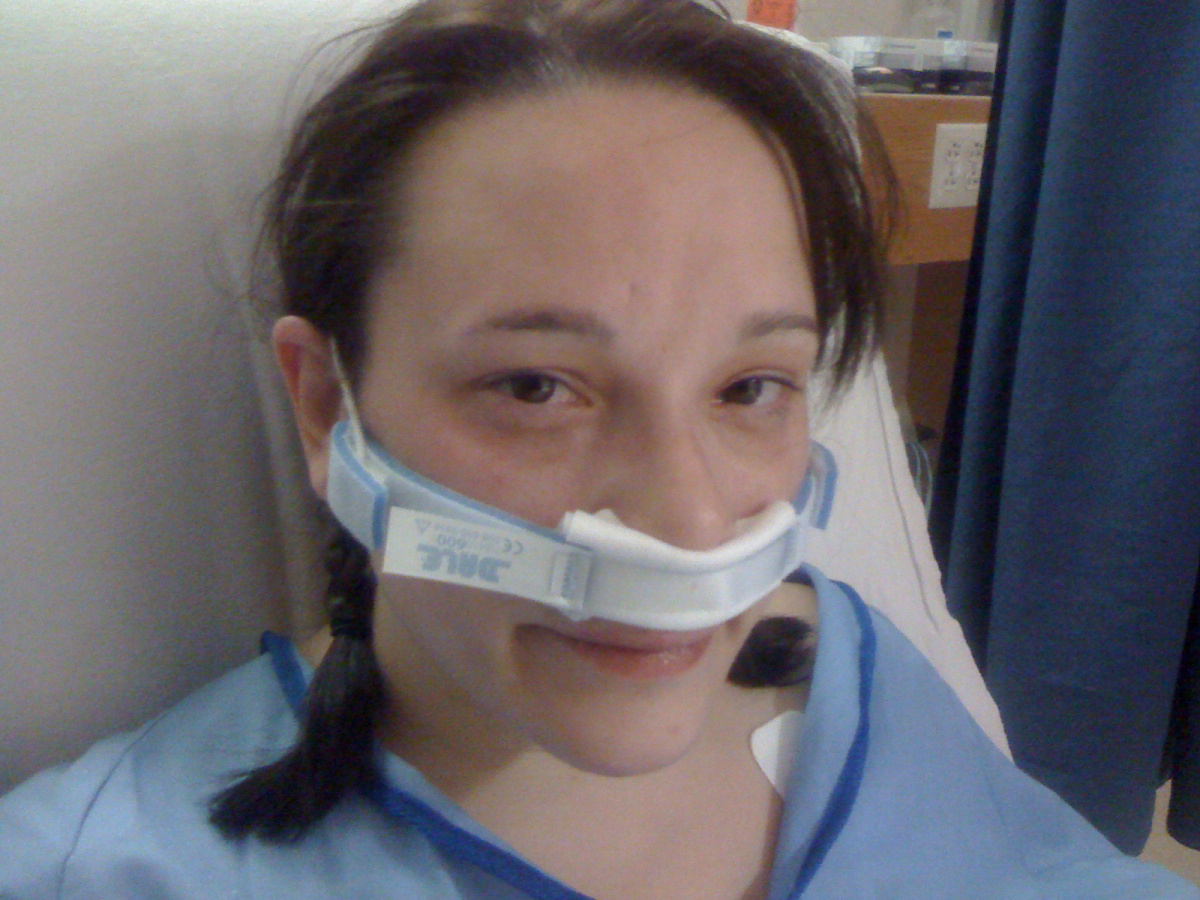When there is diseased sinus tissue, it is removed in a sinus surgery. During the surgery, the channels of the sinus are improved by creating a pathway which helps any infected tissue to drain away. Like any other surgery, the post-operative care is very essential for the sinus surgery recovery. The complete healing time depends on the type of procedure and the health condition of the person. The doctor will let you know what care needs to be taken after the surgery.

What to Expect in Sinus Surgery Recovery
1. Bleeding
Bleeding is expected in the sinus surgery recovery during the first three to five days. In case of steady bleeding, try gentle breathing through the nose after tilting the head backwards. Avoid blowing your nose.
2. Pain
It is common to experience some pain and pressure in the nasal and sinus region for a few days after the surgery. There might be a dull ache similar to that of a sinus infection. Extra strong Tylenol can be helpful in such scenarios, however, avoid taking aspirin or NSAIDs.
3. Fatigue
The first week after surgery can be tiring and you may experience fatigue, which is quite normal. A week off from work or school can be expected, however, some can recover sooner.
4. Nasal Congestion
It is common to have nasal congestion a few weeks after the surgery. It should get back to normal within two to three weeks.
5. Nasal Packing
Nasal packing is used in some cases to control postoperative bleeding. There are two types fo nasal packing. The first type is dissolvable on its own with saline irrigation. The other type is not absorbable and needs to be removed by your doctor during the sinus surgery recovery period or follow-up visits. If there is clogging of the nasal packing, do not try to remove it. Continue to breathe through your mouth.
6. Numbness and Decreased Sense of Smell
In case of Caldwell-Luc procedure, an incision is made in the mouth just above the canine teeth. Hence it will leave the cheeks numb, along with upper lips and gums. These parts will regain sensation slowly over a few months. After the surgery, your sense of smell will be weaker, especially if there is nasal package. This sense takes around three months to return.
7. Follow-up Visits
The sinus surgery recovery may hasten if you visit your doctor after the procedure as scheduled. These visits will include cleaning the nose and the sinus and removing the accumulated fluids, discharge and blood. Since it can be a little painful, it is advisable to take pain medication before the visit.
Sinus Surgery Recovery Time
The recovery time is usually about three to five days. The patient should not indulge in any activity which causes the heart rate or blood pressure to increase such as running and weight lifting. The surgeon will list the activities which should be avoided and also the time by when they can be resumed. Patients should take lots of rest and restrict physical activity.
When to Call Your Doctor After Surgery
During the time of recovery, you should inform the doctor in case of the following:
- You have a fever of 101 °F or higher
- There is continuous clear and watery discharge during the first week after surgery
- There are sudden changes in your vision or swelling in your eyes
- Stiffness in your neck or severe headache, increased swelling accompanied by redness
- If the pain does not reduce by medicine or if medicine causes nausea
How to Take Care of Yourself After Sinus Surgery
1. Prop Your Head

Use several pillows to keep your head propped up while sleeping or lying down. This will reduce swelling. You should do this for the first week after surgery.
2. Avoid Strenuous Activities
 Any strenuous activities which put pressure on your nose, such as heavy lifting and repeatedly bending, should be avoided. They can increase the swelling and bleeding. Unless advised by the doctor, you should not blow your nose for a week after surgery. Never insert anything in the nose. Sneeze naturally with mouth open.
Any strenuous activities which put pressure on your nose, such as heavy lifting and repeatedly bending, should be avoided. They can increase the swelling and bleeding. Unless advised by the doctor, you should not blow your nose for a week after surgery. Never insert anything in the nose. Sneeze naturally with mouth open.
3. Change the Gauze Drip Pad
 Since there will be post-surgery bloody discharge, you can change the gauze drip pad as frequently as required. It gradually stops and usually changes into mucus discharge. However, if the gauze is soaked and needs to be changed every 15 minutes, you should consult your doctor.
Since there will be post-surgery bloody discharge, you can change the gauze drip pad as frequently as required. It gradually stops and usually changes into mucus discharge. However, if the gauze is soaked and needs to be changed every 15 minutes, you should consult your doctor.
4. Use Saline Nasal Spray
 You may use saline spray up to five times a day. There will not be any hard scabbing if saline spray is used frequently. If you also use nasal packing, the spray will keep it moist and make the package removal less painful. You can buy the saline in the pharmacy or you may want to prepare it at home. Just add 1/4th teaspoon of salt in 1 cup of boiled water.
You may use saline spray up to five times a day. There will not be any hard scabbing if saline spray is used frequently. If you also use nasal packing, the spray will keep it moist and make the package removal less painful. You can buy the saline in the pharmacy or you may want to prepare it at home. Just add 1/4th teaspoon of salt in 1 cup of boiled water.
5. Keep Your Mouth Clean
 During the sinus surgery recovery, ensure that you keep your mouth clean. Rinse your mouth with saline water or a non-alcoholic mouth wash. Use a toothbrush with soft bristles. For the first 24 hours after surgery, however, use a damp washcloth to wipe your mouth.
During the sinus surgery recovery, ensure that you keep your mouth clean. Rinse your mouth with saline water or a non-alcoholic mouth wash. Use a toothbrush with soft bristles. For the first 24 hours after surgery, however, use a damp washcloth to wipe your mouth.
6. Maintain Healthy Lifestyle
 It is important to drink lots of fluids, have a well-balanced diet and avoid alcohol for ten days after surgery. If there are stitches in your mouth, you should have only soft food which is neither too hot nor too cold. Smoking should also be avoided for at least 24 hours after surgery.
It is important to drink lots of fluids, have a well-balanced diet and avoid alcohol for ten days after surgery. If there are stitches in your mouth, you should have only soft food which is neither too hot nor too cold. Smoking should also be avoided for at least 24 hours after surgery.
7. Sinus Irrigations
 Sinus rinse kits are provided during the sinus surgery recovery period. Sinus irrigation should be done twice daily in the same way as shown by your doctor. Sinus irrigation can be quite soothing when you get used to it and it can remove the post-surgery debris.
Sinus rinse kits are provided during the sinus surgery recovery period. Sinus irrigation should be done twice daily in the same way as shown by your doctor. Sinus irrigation can be quite soothing when you get used to it and it can remove the post-surgery debris.
